Guy P. Harrison - 50 Reasons People Give for Believing in a God
Here you can read online Guy P. Harrison - 50 Reasons People Give for Believing in a God full text of the book (entire story) in english for free. Download pdf and epub, get meaning, cover and reviews about this ebook. City: Amherst, year: 2008, publisher: Prometheus, genre: Religion. Description of the work, (preface) as well as reviews are available. Best literature library LitArk.com created for fans of good reading and offers a wide selection of genres:
Romance novel
Science fiction
Adventure
Detective
Science
History
Home and family
Prose
Art
Politics
Computer
Non-fiction
Religion
Business
Children
Humor
Choose a favorite category and find really read worthwhile books. Enjoy immersion in the world of imagination, feel the emotions of the characters or learn something new for yourself, make an fascinating discovery.
- Book:50 Reasons People Give for Believing in a God
- Author:
- Publisher:Prometheus
- Genre:
- Year:2008
- City:Amherst
- Rating:3 / 5
- Favourites:Add to favourites
- Your mark:
50 Reasons People Give for Believing in a God: summary, description and annotation
We offer to read an annotation, description, summary or preface (depends on what the author of the book "50 Reasons People Give for Believing in a God" wrote himself). If you haven't found the necessary information about the book — write in the comments, we will try to find it.
Many books that challenge religious belief from a sceptical point of view take a combative tone that is almost guaranteed to alienate believers or they present complex philosophical or scientific arguments that fail to reach the average reader. Journalist Guy P Harrison argues that this is an ineffective way of encouraging people to develop critical thinking about religion. In this unique approach to scepticism regarding God, Harrison concisely presents fifty commonly heard reasons people often give for believing in a God and then he raises legitimate questions regarding these reasons, showing in each case that there is much room for doubt.Whether youre a believer, a complete sceptic, or somewhere in between, youll find Harrisons review of traditional and more recent arguments for the existence of God refreshing, approachable, and enlightening. From religion as the foundation of morality to the authority of sacred books, the compelling religious testimony of influential people, near-death experiences, arguments from Intelligent Design, and much more, Harrison respectfully describes each rationale for belief and then politely shows the deficiencies that any good sceptic would point out.As a journalist who has travelled widely and interviewed many highly accomplished people, quite a number of whom are believers, Harrison appreciates the variety of belief and the ways in which people seek to make religion compatible with scientific thought. Nonetheless, he shows that, despite the prevalence of belief in God or religious belief in intelligent people, in the end there are no unassailable reasons for believing in a God. For sceptics looking for appealing ways to approach their believing friends or believers who are not afraid to consider a sceptical challenge, Harrisons book makes for very stimulating reading.
ReviewReligion is as universal as language, which hints at a biological basis. Why did our ancestors evolve an attraction to the supernatural? The fundamental question is not whether this attraction is rational or not - which is the subject of a dozen recent provocative books -- but what exactly faith delivers to those who possess it. The present book treats this question respectfully, listening to the answer of the believers themselves, which seems an excellent place to start. -- *Frans de Waal, leading primatologist, author of Our Inner Ape (Riverhead, 2005)*
Deep wisdom and patient explanations fill this excellent book. The author--a journalist with worldwide experience and thorough scientific knowledge--doesnt ridicule supernatural beliefs. He seems fond of believers. But he quietly employs logic to show that invisible gods, devils, heavens, hells, miracles and the like belong in the superstitious past, and cannot be taken seriously by educated modern people. -- *James A. Haught, author of 2,000 Years of Disbelief and editor of West Virginias largest newspaper, The Charleston Gazette*
Guy P. Harrison has written a persuasive and frequently humorous book about an important topic . . .This thoughtful work should be read by religious practitioners, political leaders, and the general public and should be taught as a foundation for explaining the role of religion in society. I recommend it heartily. -- *Nick Wynne, PhD; Executive director of the Florida Historical Society*
There may be 50 ways to leave your lover, but now Guy Harrison has given us 50 ways to believe in God, or not if you care to read this engaging and enlightening book in light of what it says about the cultural and psychological power of belief. If the number one predictor of which God someone believes in is what culture and time period they happened to have been born in, what does that say about the actual existence (or not) of a deity? Read this book to explore the many and diverse reasons for belief. -- *Michael Shermer, Publisher of Skeptic magazine, monthly columnist Scientific American, author of Why Darwin Matters*
About the AuthorGuy P. Harrison is a graduate of the University of South Florida with a degree in history and anthropology. He currently lives in the Cayman Islands where he is a columnist and travel writer for a national newspaper. He has won several international awards for his writing and photography.
Guy P. Harrison: author's other books
Who wrote 50 Reasons People Give for Believing in a God? Find out the surname, the name of the author of the book and a list of all author's works by series.

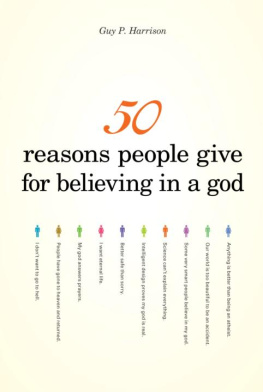
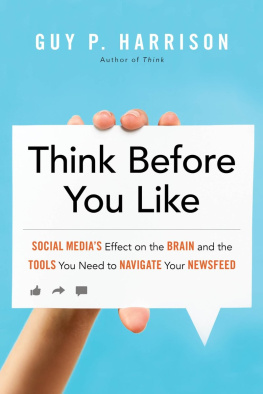

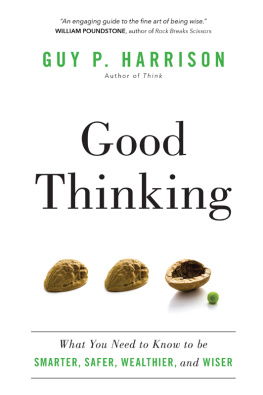
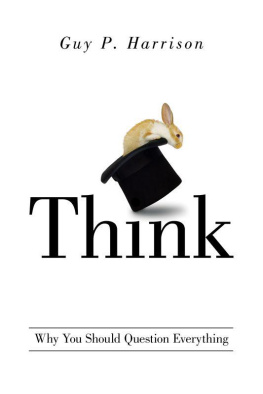

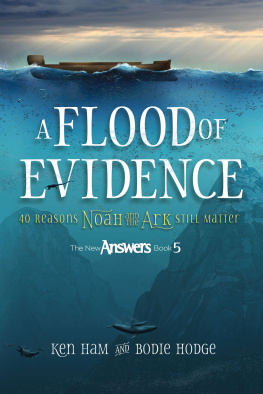
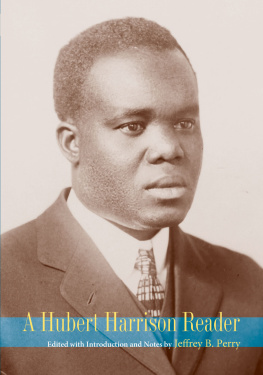

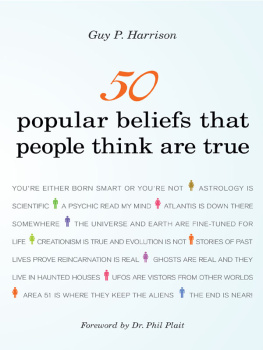
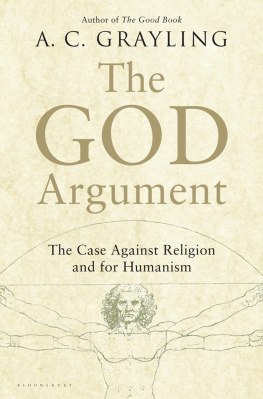

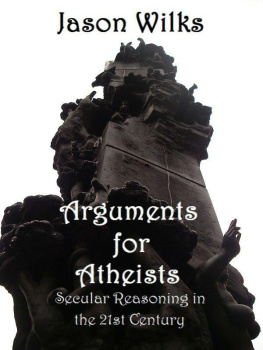
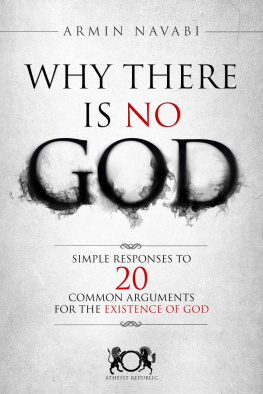
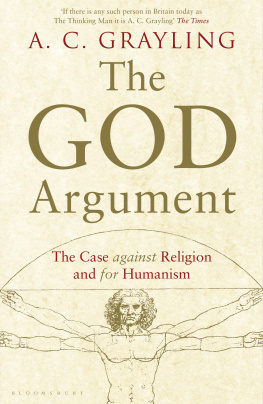


 thank editors Steven L. Mitchell and Jacinta Meyers, and Prometheus Books for helping to make this book a reality. I am deeply grateful to my wife, Sheree, for her consistent encouragement and my son, Jared, for his helpful advice. I also thank Andrea Roach for her invaluable comments and criticism. My greatest debt of all, however, is to the many people around the world who openly shared with me their reasons for believing.
thank editors Steven L. Mitchell and Jacinta Meyers, and Prometheus Books for helping to make this book a reality. I am deeply grateful to my wife, Sheree, for her consistent encouragement and my son, Jared, for his helpful advice. I also thank Andrea Roach for her invaluable comments and criticism. My greatest debt of all, however, is to the many people around the world who openly shared with me their reasons for believing. have asked many believers in many countries over several years a basic question: Why do you believe in your god or gods? This book is a response to the fifty most common answers I heard to that question. Many people gave me virtually identical reasons for belief, despite being adherents of contradictory religions. I learned that the gods may be very different and the faithful may sometimes hate and kill one another, but believers are remarkably synchronized on why they believe.
have asked many believers in many countries over several years a basic question: Why do you believe in your god or gods? This book is a response to the fifty most common answers I heard to that question. Many people gave me virtually identical reasons for belief, despite being adherents of contradictory religions. I learned that the gods may be very different and the faithful may sometimes hate and kill one another, but believers are remarkably synchronized on why they believe.